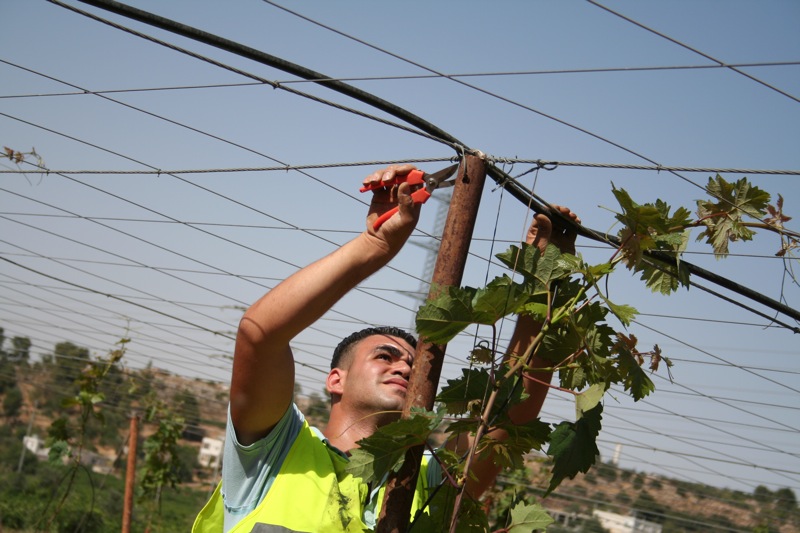Category: Reports
-
CPT: Israeli Border Police Demolish Water Infrastructure in Al Baqa’a Valley
Christian Peacemaker Team – Hebron For the third time in 12 days, Israeli Border Police carried out demolitions in Al Baqa’a valley, a fertile farming area northeast of Hebron, along route 60. On July 19, the Israeli Border Police, with the assistance of hired laborers using heavy machinery, destroyed a cistern and removed irrigation pipes…
-
Eleven year old Palestinian boy run over by Israeli settler
FOR IMMEDIATE RELEASE 19 July 2010 Eleven year old Palestinian boy run over by Israeli settler in Hebron Tel Rumeida, HEBRON: An eleven year old Palestinian boy was run over by an Israeli settler in Hebron last night, and had to be immediately hospitalized. An eyewitness said that a motorcyclist hit the boy, Abdallah Hasan…
-
Seventeen year old from Bil’in arrested in night raid
Last night the Israeli army carried out a night raid in the West Bank village of Bil’in and arrested a seventeen year old boy. At least 12 Israeli army jeeps entered the village at approximately 1.30 in the morning. Soldiers from two of the jeeps then closed off the house of Ahmed Abdul Fatah Burnat,…

